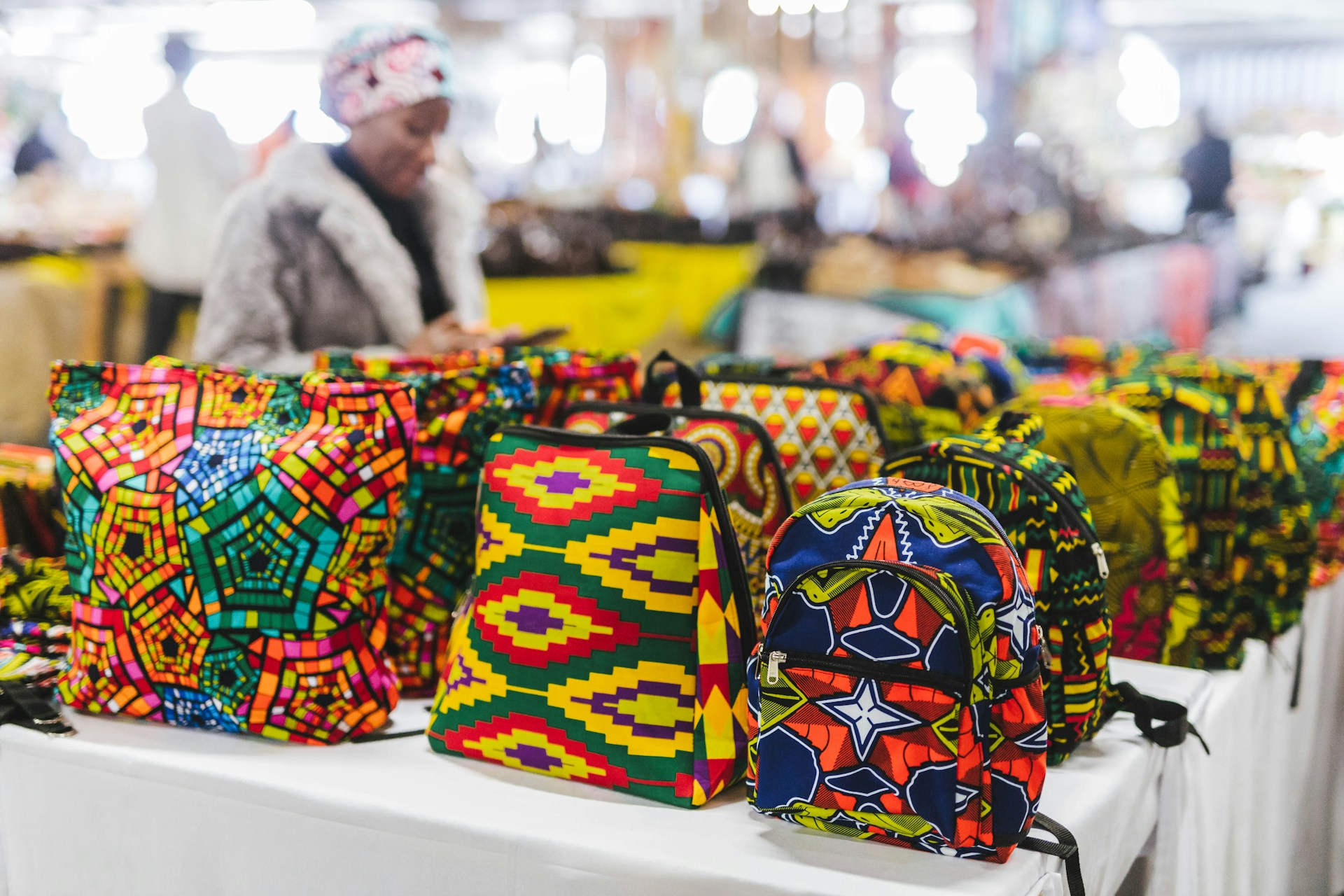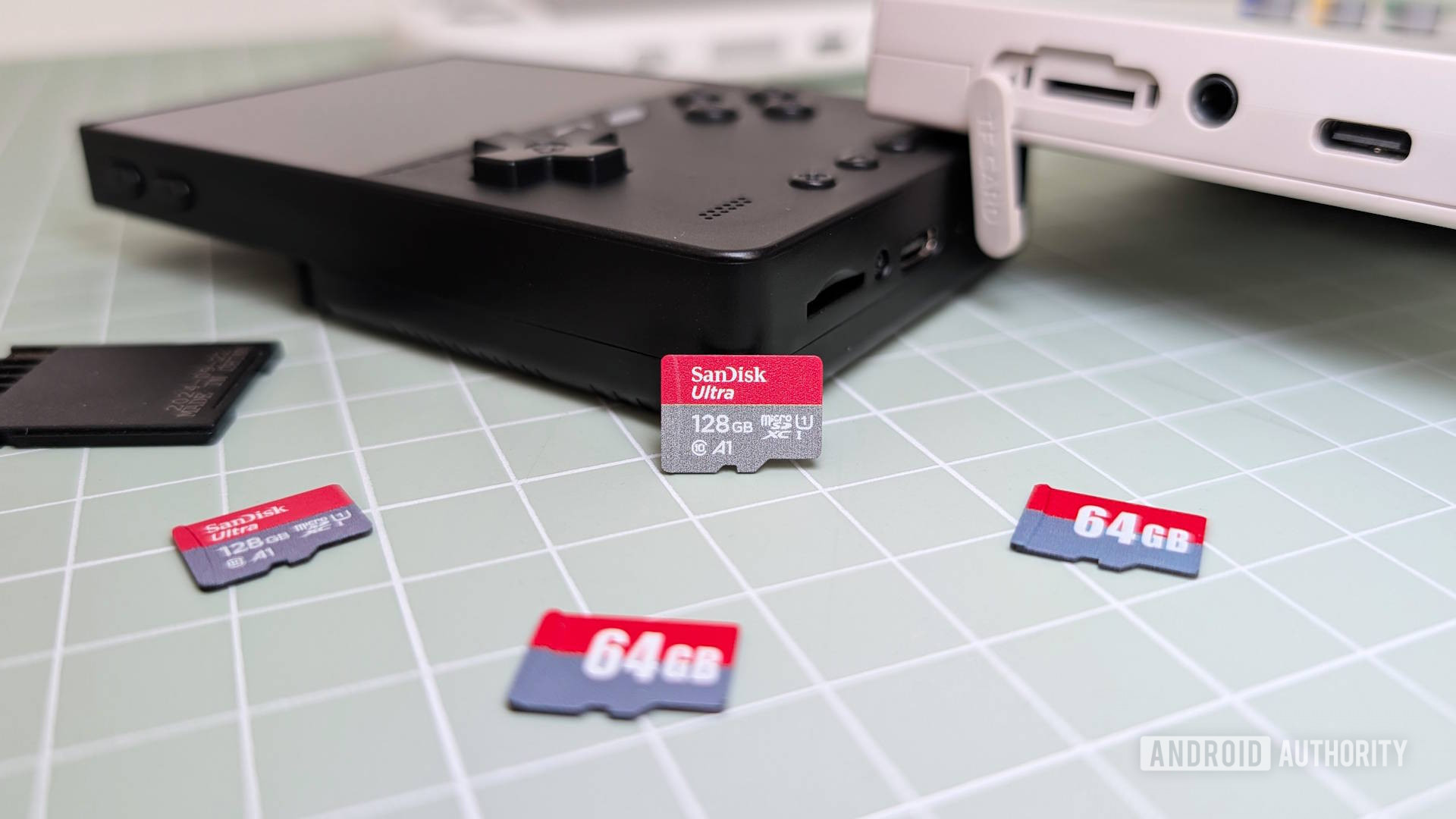Johannesburg is a magnet for Africa’s workforce. Migrants from Zimbabwe, Nigeria, the Democratic Republic of Congo (DRC), Uganda, and beyond flock to the city’s bustling economic corridors. Many work long hours in retail trade, salons or as gig economy workers. Their earnings power South Africa’s billion-dollar remittance economy.
Over $1 billion flows each year to Southern African Development Community (SADC) countries alone; the actual figure may be even higher, with informal channels often bypassing traditional reporting. Zimbabwe alone receives almost half of these remittances.
“In Zimbabwe, in any bank branch, 80% of customers in the banking hall are there for remittances,” said David Adlam, a fintech expert.
For migrant workers in South Africa, several apps have launched to make it easier to send money back home. With a plethora of apps to choose from, migrants have to consider other factors when making remittances including which app will take the smallest cut of their next family support home.
I recently took a quick street and online survey of 30 migrants from Zimbabwe, Nigeria, DRC, and Uganda living in the north of Johannesburg to find out what apps are popular. Zimbabweans, for example, tend to favour Mukuru and Hello Paisa, while Nigerians, Ugandans, and Congolese rely on Mama Money. Regardless of country-based differences, choices are driven by cost, convenience, trust, infrastructure to collect the money, and the specific needs of their families back home.
Among Zimbabweans, Mukuru and Hello Paisa are popular choices due to their wide network of cash pickup points, integration with mobile money platforms, and long-standing trust. Mukuru, in particular, has operated in South Africa since 2004 and is well-established in the remittance industry, making it a trusted option for many. In contrast, Nigerians, Ugandans, and Congolese often prefer Mama Money for its convenience, especially in terms of where recipients can collect funds, as well as its competitive fees and digital-first experience.
Other platforms—WorldRemit, Sasai Remit, Clicksend Now, Taghill—and a range of informal channels round out the mix as users try to find the best deals.
Efficiency and convenience are what users like Tony Manyangadze, a Zimbabwean communications professional, look for. “I use Hello Paisa because it’s all in one, short queues where my family stays and I can send mobile money and shop for groceries through the app.”
For others, cost is king. “Mama Money is the cheapest for me,” said John Duru, a Nigerian trader. “I can send money either through my bank or at a shop and it is the closest to where my family stays.”
On an average, most migrants send between $100 and $200 monthly, primarily to support families with food, school fees, and bills. Transfer fees vary widely across providers and corridors. Zimbabweans pay up to 9% in fees through Hello Paisa or Mukuru, while Mama Money charges 5%. In Nigeria, Mukuru’s fee drops to 0.81%, far below the World Bank’s 3% target.
WorldRemit offers as low as R50 ($2.80) fee for $200, but Congolese refugees are locked out of these services due to asylum policies. Several remittance platforms require national ID or passports, locking out refugees, asylum seekers, and migrants in legal limbo.
“I had to stop using WorldRemit after I applied for asylum,” said Emmanuel Bauma, a DRC national and e-hailing driver. “Now I use Mama Money — or I use informal sources when there is an emergency.” These informal channels typically involve a trusted person who gives the money to the recipient’s family back home, while the sender pays them in South Africa—usually at a fee ranging between 5% and 15% per R100 (about $5.60).
Remittance providers like Sasai Remit and Clicksend Now offer zero-fee services, an offer that sounds like a win for consumers, but whose catch often lies in exchange rates. For instance, Marvelous Mnkandla, a Zimbabwean Volvo mechanic in Johannesburg, swears by Sasai Remit’s “zero fee” promise. “When I send R3000, the person gets the exact amount.” But a closer look reveals that the exchange rate can eat into the value received. At Sasai Remit, R3000 converts to about $158, while a more favourable rate could yield $167—meaning losing about $9 or a 5.4% “hidden fee”.
As fintechs push deeper into Africa’s high-volume remittance corridors, the competition is set to intensify. The winners will be those who can offer the lowest fees, the best user experience, and the most reliable service.
Mark your calendars! Moonshot by is back in Lagos on October 15–16! Join Africa’s top founders, creatives & tech leaders for 2 days of keynotes, mixers & future-forward ideas. Early bird tickets now 20% off—don’t snooze! moonshot..com











